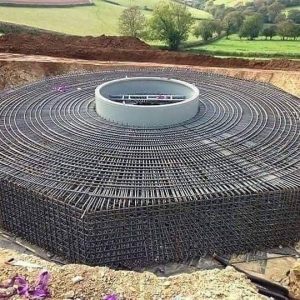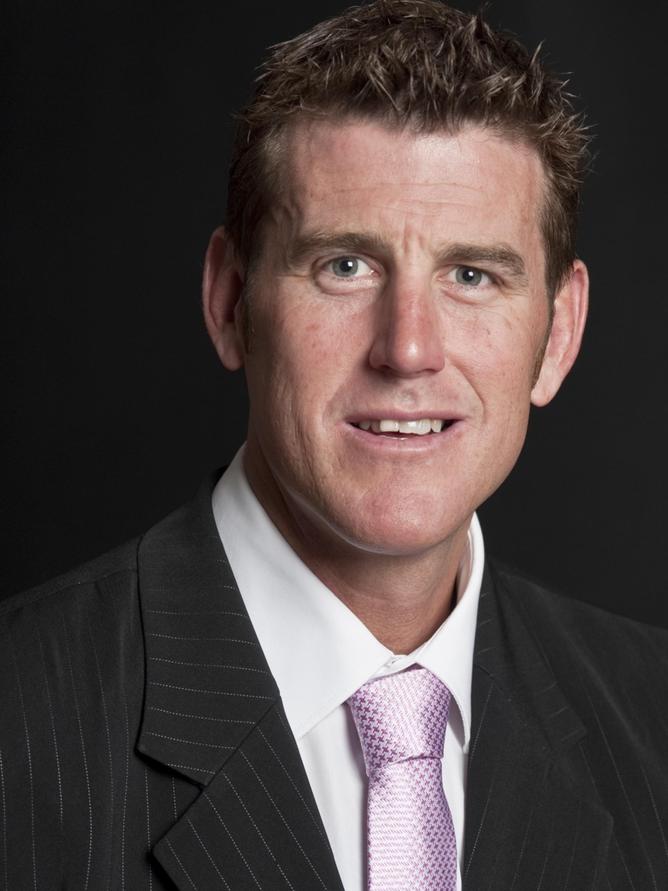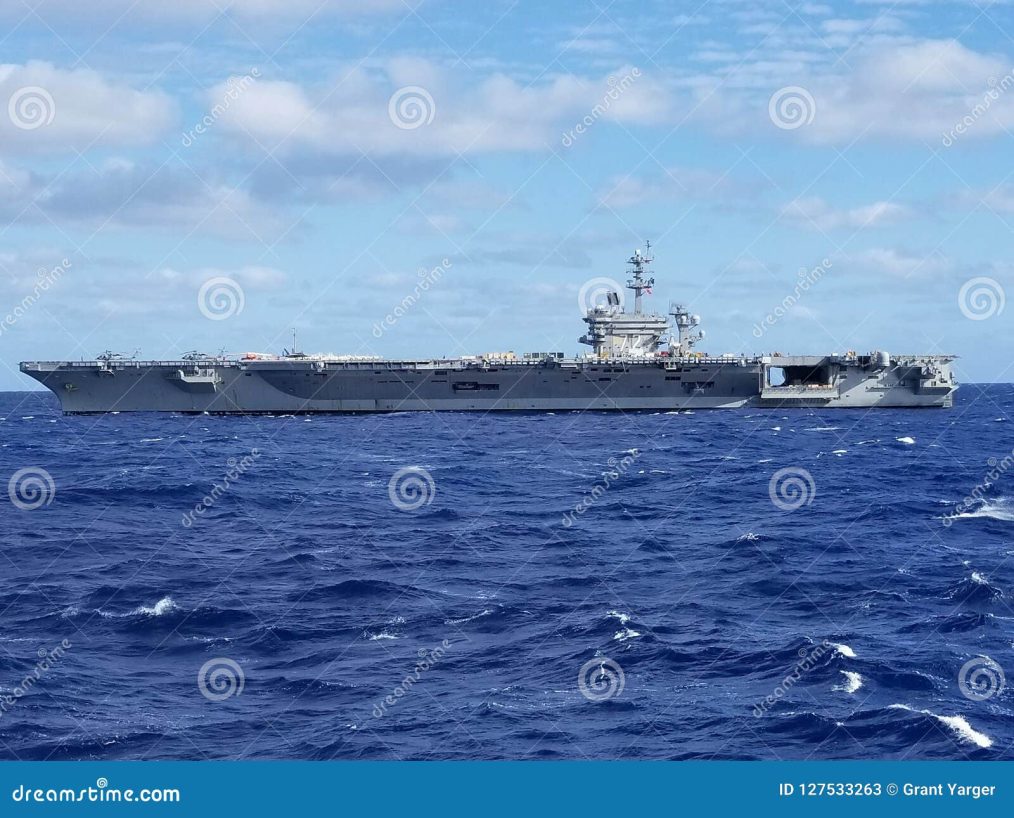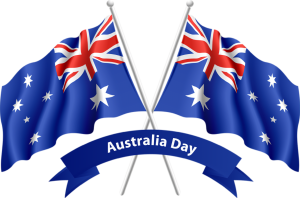Senior citizens are constantly being criticized for every conceivable deficiency of the modern world, real or imaginary. We know we take responsibility for all we have done and do not try to blame others.
HOWEVER, upon reflection, we would like to point out that it was NOT senior citizens who took:
The melody out of music,
The pride out of appearance,
The courtesy out of driving,
The romance out of love,
The commitment out of marriage,
The responsibility out of parenthood,
The togetherness out of the family,
The learning out of education,
The service out of patriotism,
The Golden Rule from rulers,
The nativity scene out of cities,
The civility out of behaviour,
The refinement out of language,
The dedication out of employment,
The prudence out of spending,
The ambition out of achievement or God out of government and school.
And we certainly are NOT the ones who eliminated patience and tolerance from personal relationships and interactions with others!
And, we DO understand the meaning of patriotism, and remember those who have fought and died for our country.
Just look at the Seniors with tears in their eyes and pride in their hearts, as they stand at attention, as the Australian Flag passes by in a parade!
YES, I’M A SENIOR CITIZEN! I’m the life of the party…..Even if it lasts until 8 p.m.
I’m very good at opening childproof caps….. With a hammer.
I’m awake many hours before my body allows me to get up.
I’m smiling all the time because I can’t hear a thing you’re saying. I’m sure everything I can’t find is in a safe secure place, somewhere.
I’m wrinkled, saggy, lumpy, and that’s just my left leg.
I’m beginning to realize that aging is not for wimps.
Yes, I’m a SENIOR CITIZEN and I think I am having the time of my life! Now if I could only remember who sent this to me, I wouldn’t send it back to them. Or maybe I should send it to all my friends anyway. They won’t remember, even if they did send it.
Spread the laughter Share the cheer!
Let’s be happy While we’re here.













